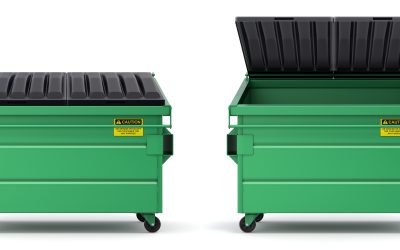In a world grappling with the environmental challenges of excessive waste generation, the role of an effective waste management system has never been more crucial. By implementing sustainable practices and innovative solutions, such systems have the power to minimize waste, preserve natural resources, and promote a cleaner, healthier future for our planet.
Implementing Comprehensive Recycling Programs
An integral component of an effective waste management system is the establishment of comprehensive recycling programs. These programs enable the separation, collection, and processing of recyclable materials, diverting them from landfills and transforming them into valuable resources.
Embracing Composting for Organic Waste
Organic waste, such as food scraps and yard trimmings, constitutes a significant portion of our waste stream. Effective waste management systems recognize the value of composting to divert organic waste from landfills. Composting reduces the volume of waste and produces nutrient-rich compost for use in agriculture and landscaping, promoting a circular economy by facilitating the decomposition of organic materials in controlled environments.
Adopting Advanced Waste-to-Energy Technologies
Waste-to-energy technologies offer a sustainable solution for managing non-recyclable waste. These technologies convert waste into usable energy sources, such as electricity or heat, through incineration and anaerobic digestion. By harnessing the energy potential of waste materials, an effective waste management system minimizes waste and contributes to renewable energy generation.
If you want more information on using waste management systems to minimize waste, visit the Waste Control website.


